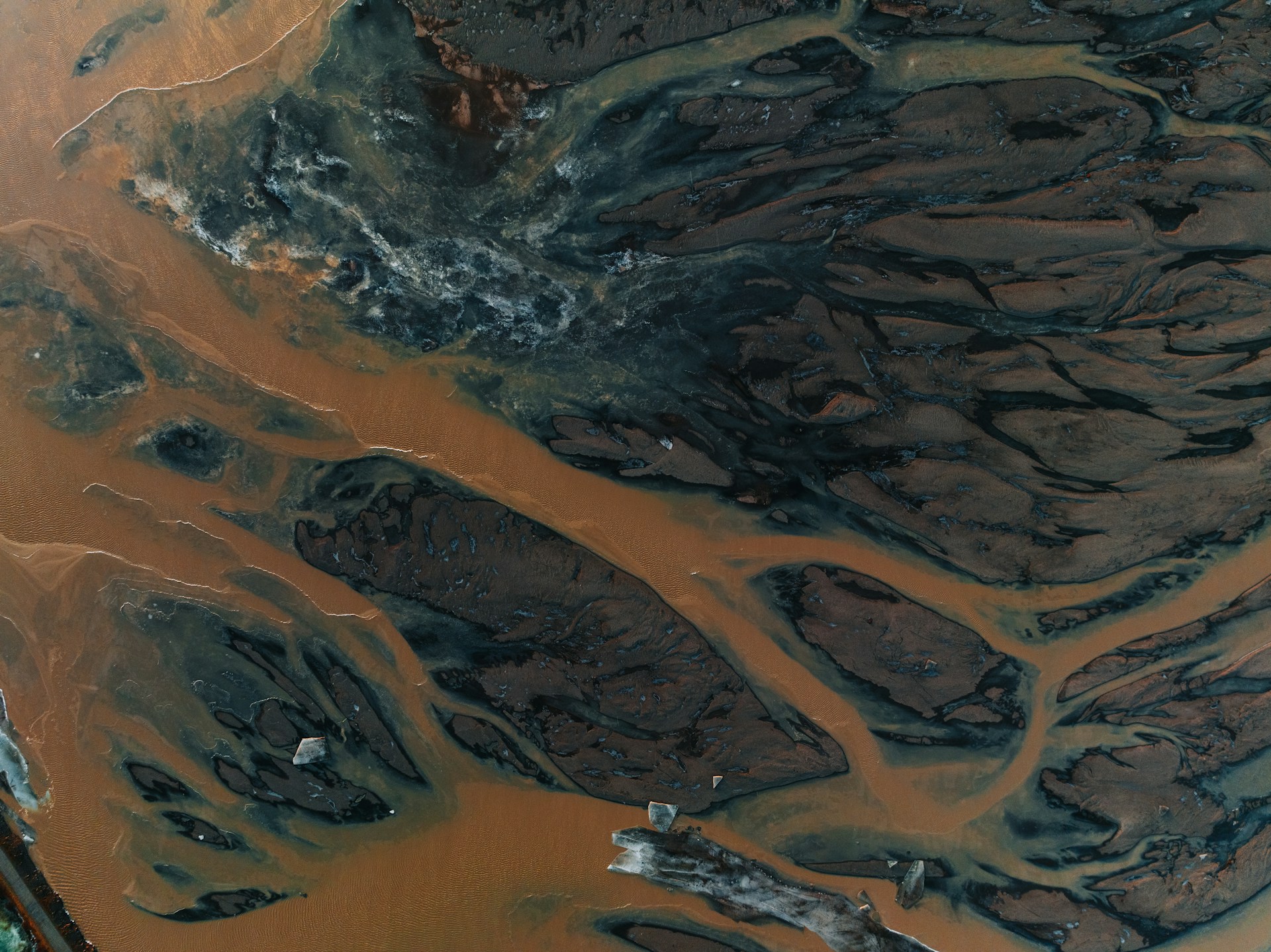Red Sea Environmental Crisis as Rubymar Sinks

The maritime crisis in the Red Sea has escalated with the recent sinking of the Rubymar bulk carrier early Saturday.
Details about the insurance of the Rubymar, a Lebanese-owned, Greek-managed, and Belize-registered vessel, remain uncertain. This incident marks the first constructive total loss attributed to the Houthi attacks on commercial shipping, which began five months ago in support of Hamas's conflict with Israel.
On February 18, Houthi rebels from Yemen launched missile strikes on the ship, necessitating the crew's evacuation.
The sunken ship now presents a threefold danger in the Red Sea: its bunker fuel has already spread over 30 km, the fertilizer it was transporting threatens an ecological catastrophe, and the wreck itself poses a risk to navigation in the area. At the time it was hit, the ship was loaded with 21,000 metric tons of ammonium phosphate sulphate fertilizer.
Yemen's internationally recognized Prime Minister, Ahmed Awad Bin Mubarak, has described the sinking as "an unprecedented environmental disaster."
"This is a new catastrophe for our nation and its people," he expressed on X.
Julien Jreissati, a program director at Greenpeace, warned of the potential for a significant environmental crisis without prompt intervention. He highlighted the dangers of further oil leaks and the possibility of the ship's hull being compromised, allowing seawater to mix with the fertilizer onboard. This could lead to a release of chemicals into the Red Sea, upsetting marine ecosystems and causing widespread ecological damage.
Additionally, the tense security situation in the southern Red Sea and the Gulf of Aden has led to the halt of efforts to dismantle the FSO Safer, a 48-year-old deteriorating tanker that the United Nations has been trying to secure and move.